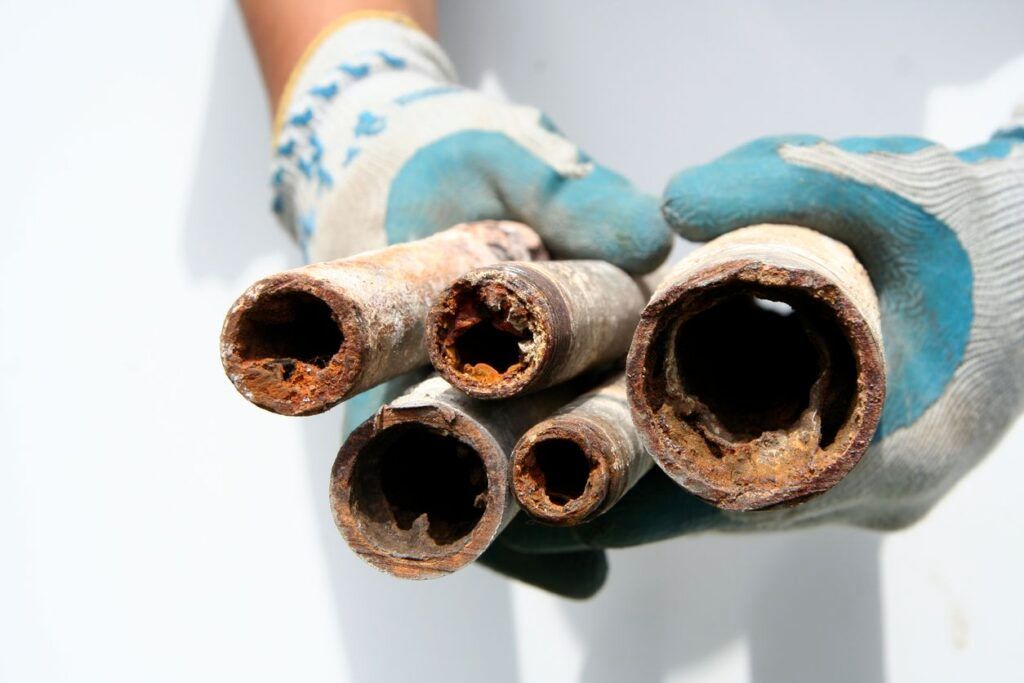Hard Water: A Threat to Your Quality of Life

When it comes to your home’s plumbing system, there are a variety of issues you should be aware of. One of the most common, and most problematic to the plumbing system itself, is hard water. Homeowners throughout the country have to deal with this problem, even though many aren’t even aware of it.
True, hard water is not actually harmful to ingest, but it can certainly have a negative effect on your quality of life. It’s important to know the symptoms of hard water, why it’s such an issue, and how to treat it. We’ll get that latter point out of the way right now—you should have a West University Place, TX water softener installed by the professional plumbers on our team.
What Is Hard Water?
Hard water is the term used to describe water with a high concentration of minerals in it—namely magnesium and calcium. These particles aren’t harmful to you health-wise, as we mentioned above. However, they pose a threat to your plumbing and to your quality of life.
Over the years, exposure to hard water can cause the walls of your pipes to accumulate mineral deposits (known as limescale) which can have a number of consequences, leading to corrosion and eventual leaking.
The Impact of Limescale
Is limescale really that big of a deal or anything to be concerned about? Well, the more limescale builds up within your plumbing pipes, the more it restricts the flow of water through them, effectively reducing the water pressure in the system and making it harder for your plumbing to operate effectively.
Additionally, limescale that isn’t caught and removed in time will eventually harden, making it pretty much impossible to remove the scale without damaging the pipe it is attached to. Additionally, the presence of hard water causes dishes to come out of the dishwasher spotted, clothes faded, and can leave your hair and skin feeling dry and brittle after a shower.
The Right Water Treatment System
The best way to tackle hard water is to have the right water treatment system installed in your homes water line. A water softener is what we’re talking about here, specifically. It’s specially designed to treat hard water. There’s a number of types out there, but they each operate by neutralizing the magnesium and calcium particles in the water in some way, “softening” the water and disallowing limescale from building up in your pipes.
If you aren’t sure whether or not you have a hard water problem, there are a couple ways to tell. Look around your faucets, as well in your bathtub or shower, for any chalky white substance. That’s limescale, and if it’s present in those areas it’s a safe bet that it’s probably in the pipes too. You should also pay attention to your water pressure. If it’s slowly decreasing, there’s a good chance that something is building up within your pipes that’s restricting water flow.
For “services you can depend on,” contact Doug Turner Plumbing CO. today!
The post Hard Water: A Threat to Your Quality of Life appeared first on Doug Turner Plumbing CO..
CONTACT INFORMATION
Physical: 9945 Mula Rd. Stafford, TX 77477
Mailing Address: PO Box 1177 Sugar Land, TX 77487
Phone: (281) 201-6065

